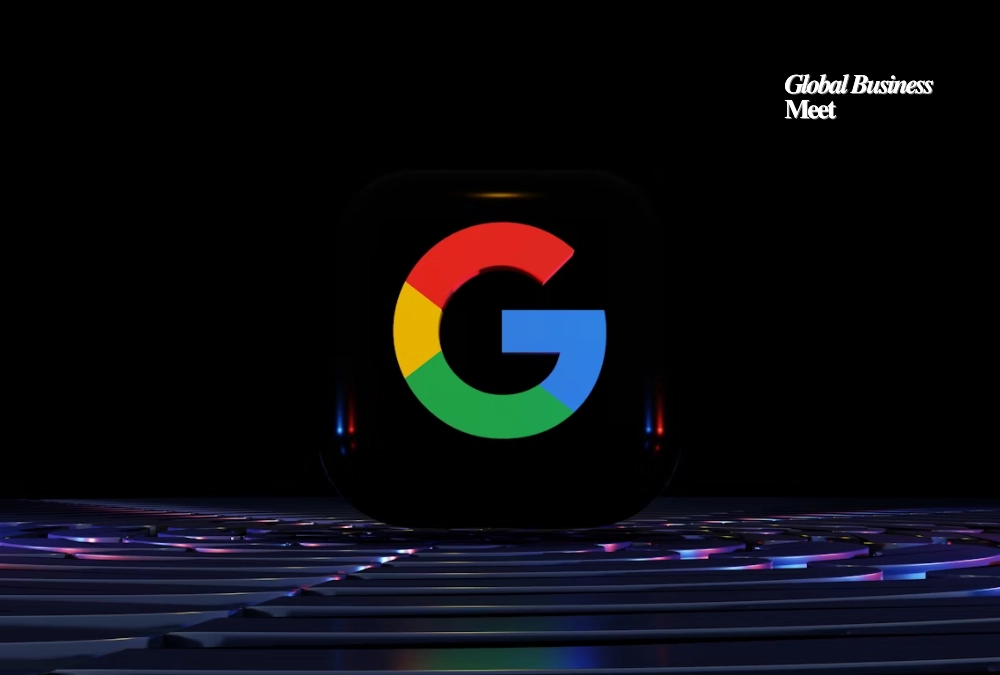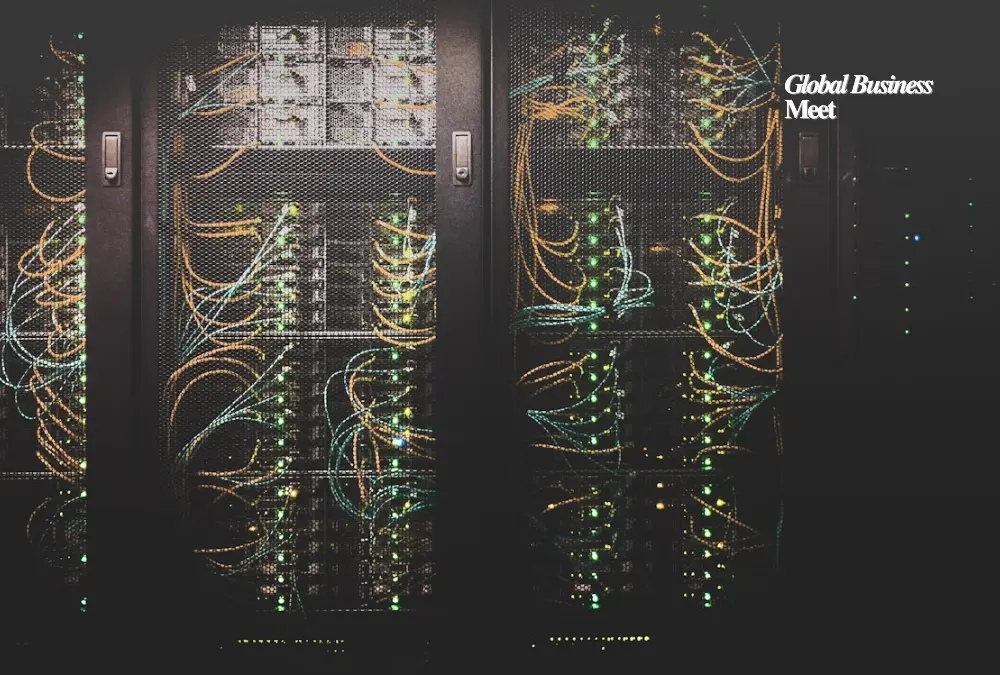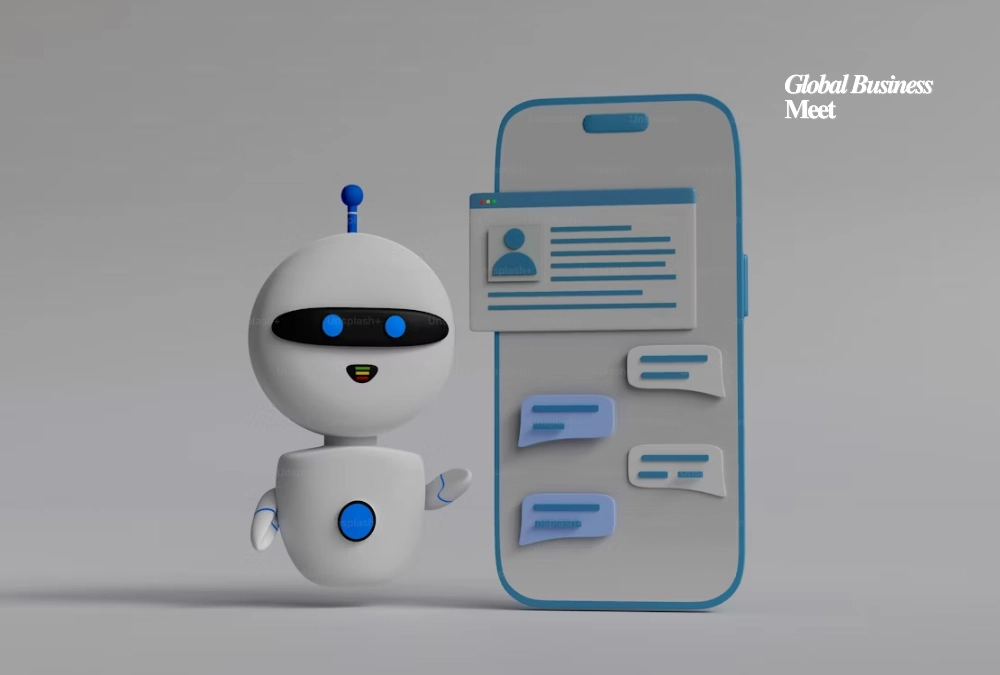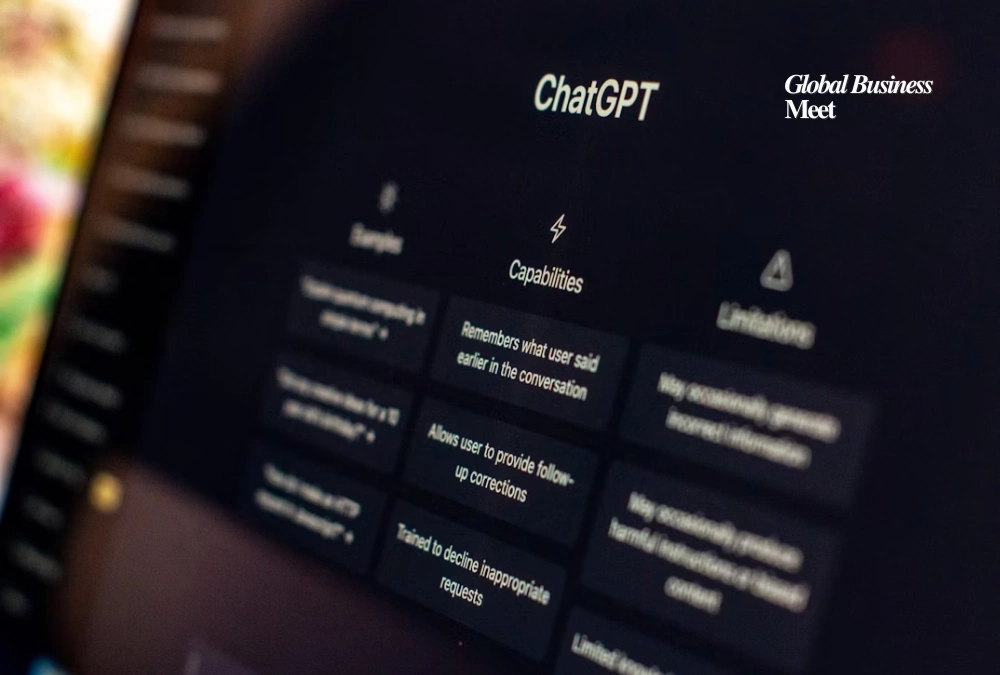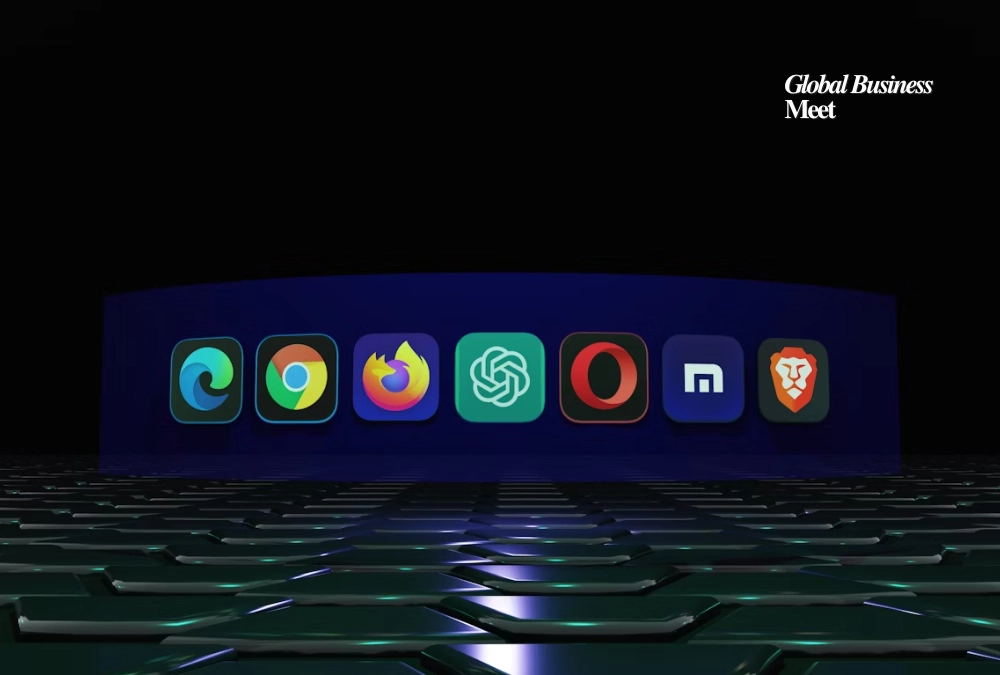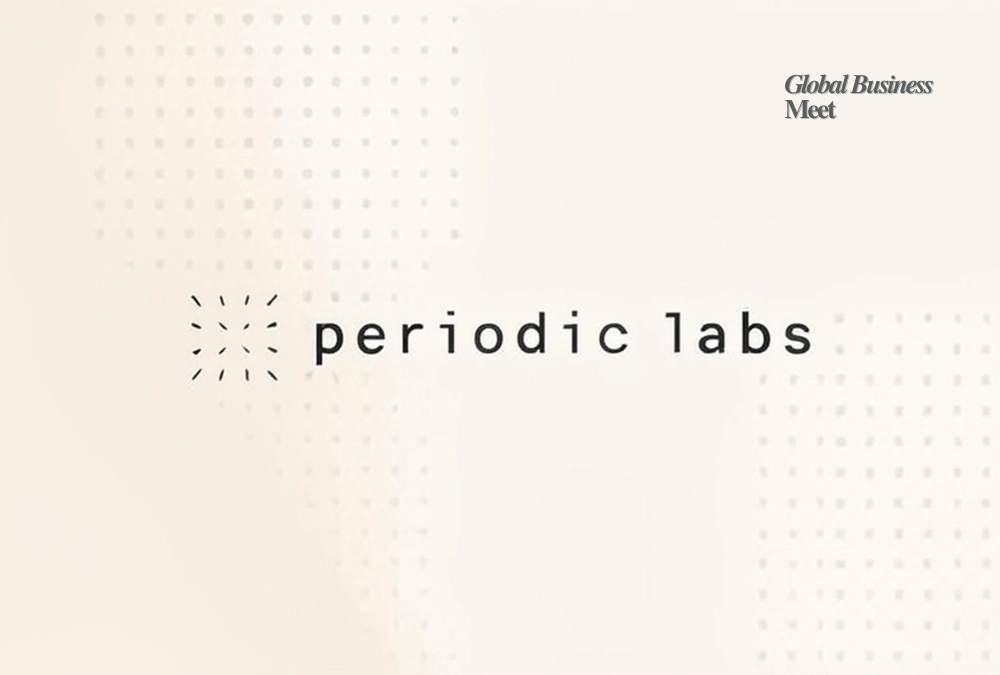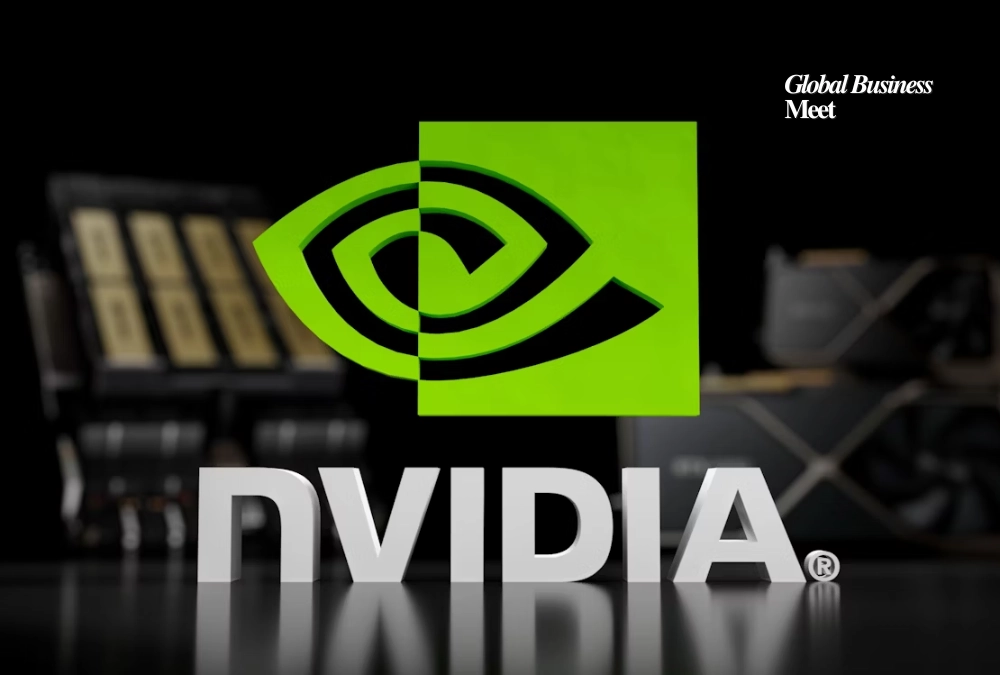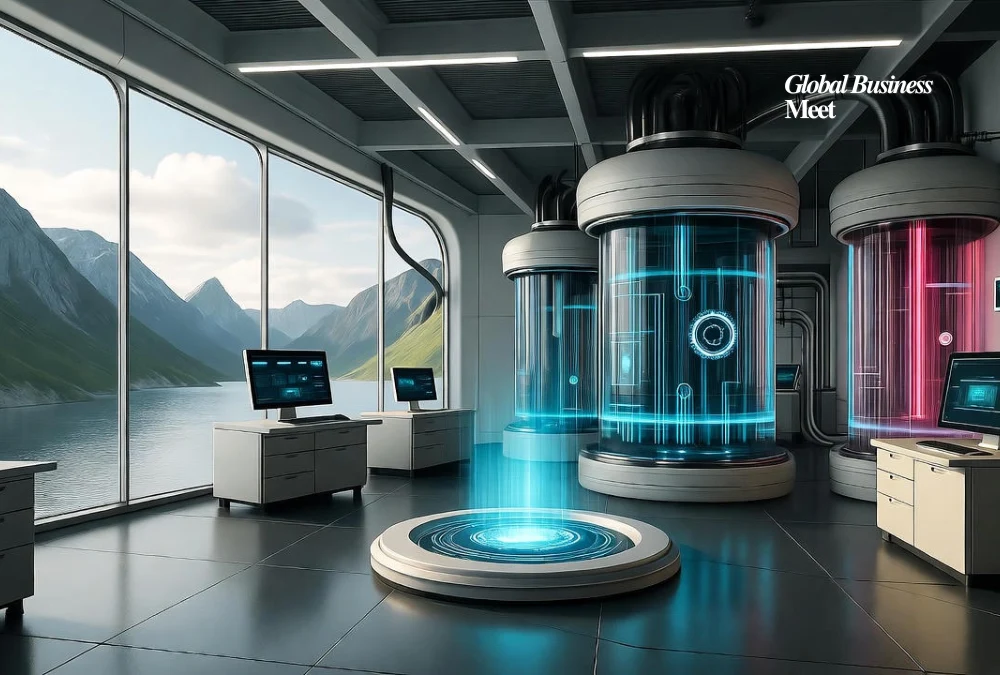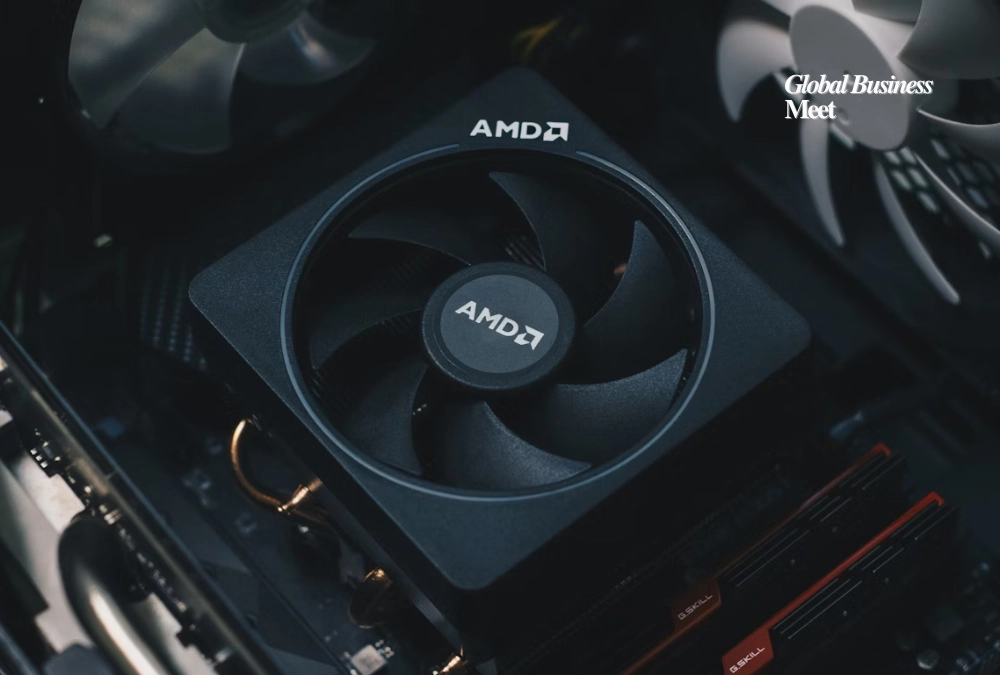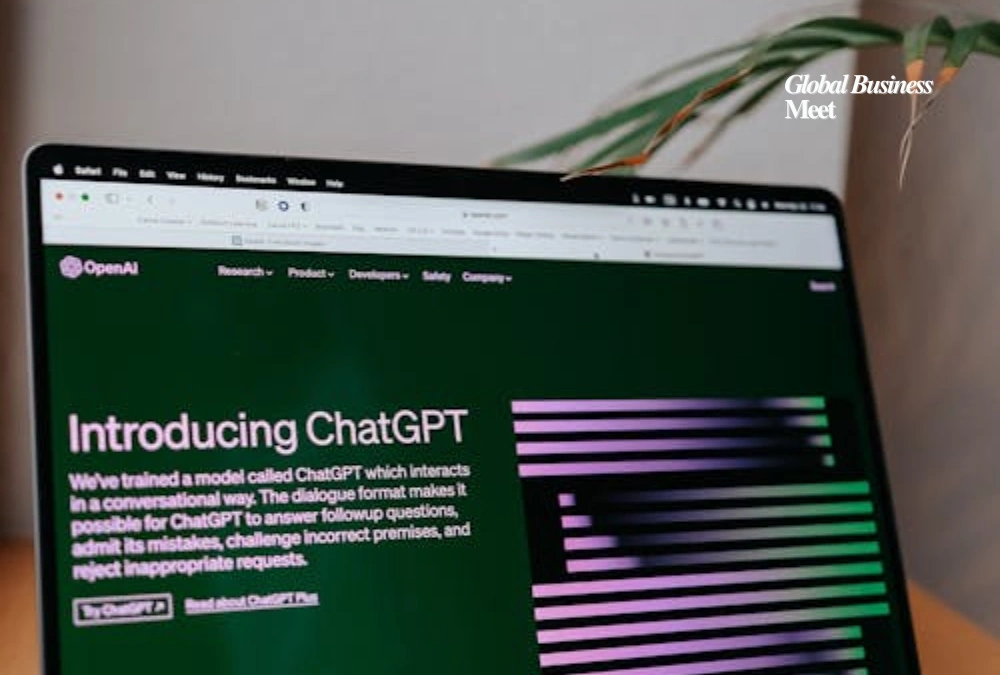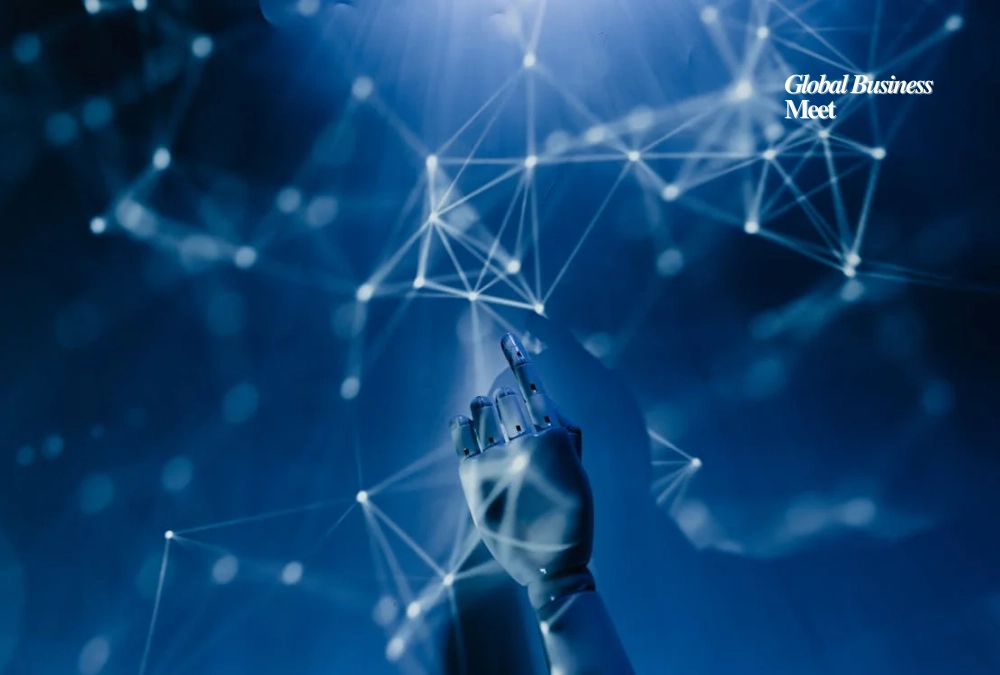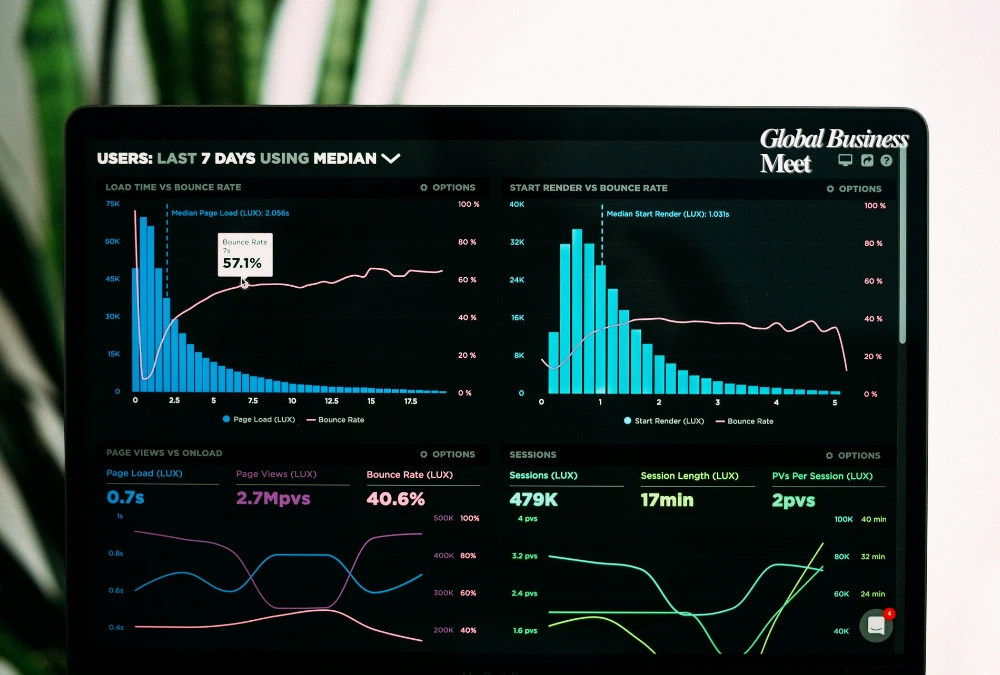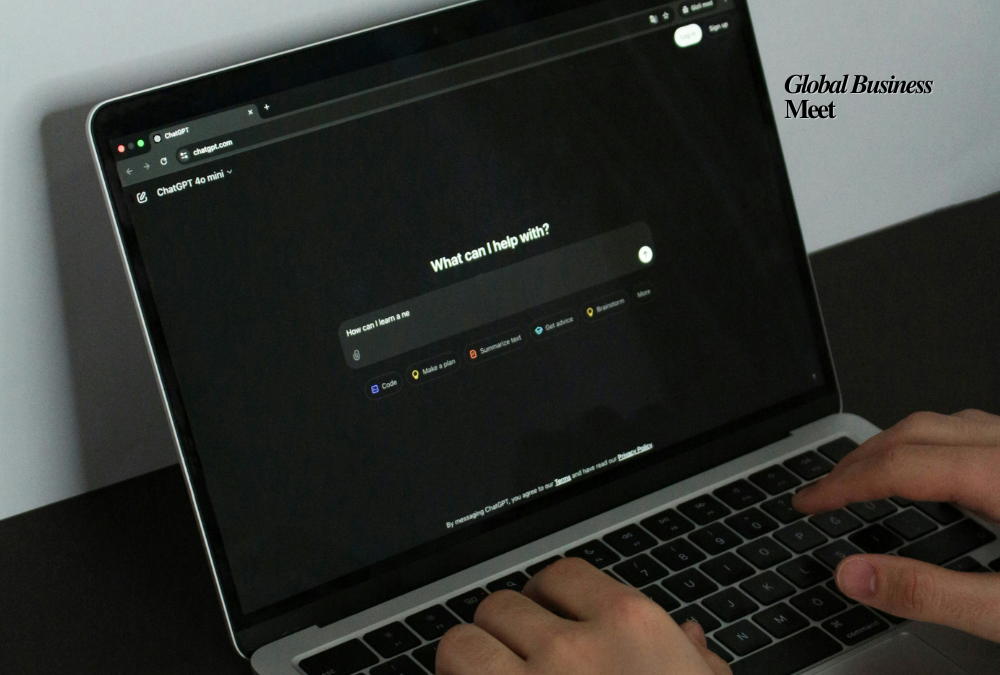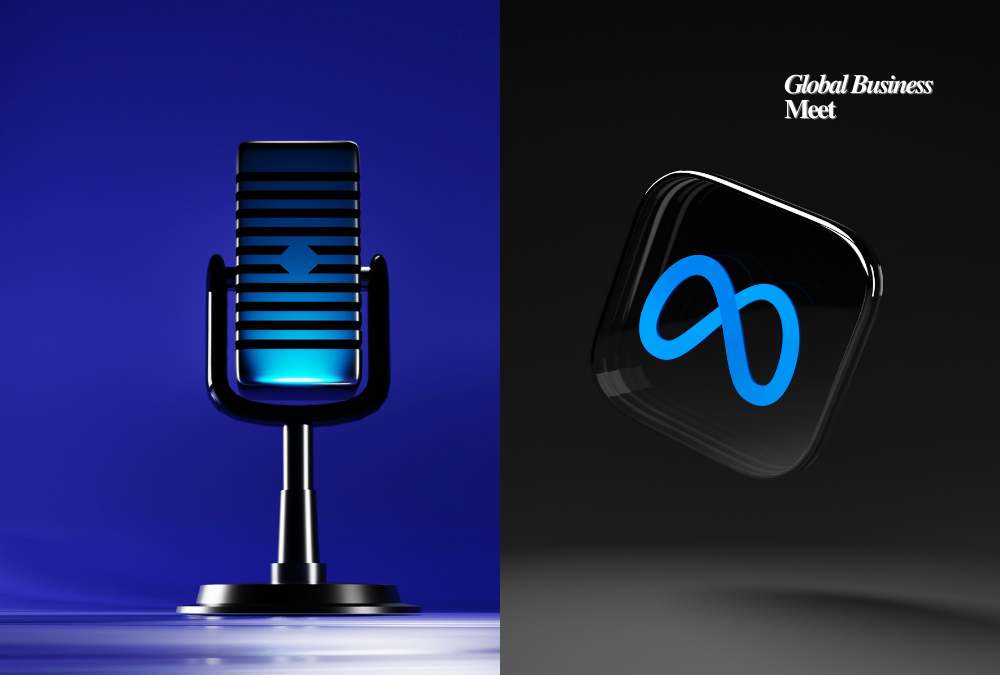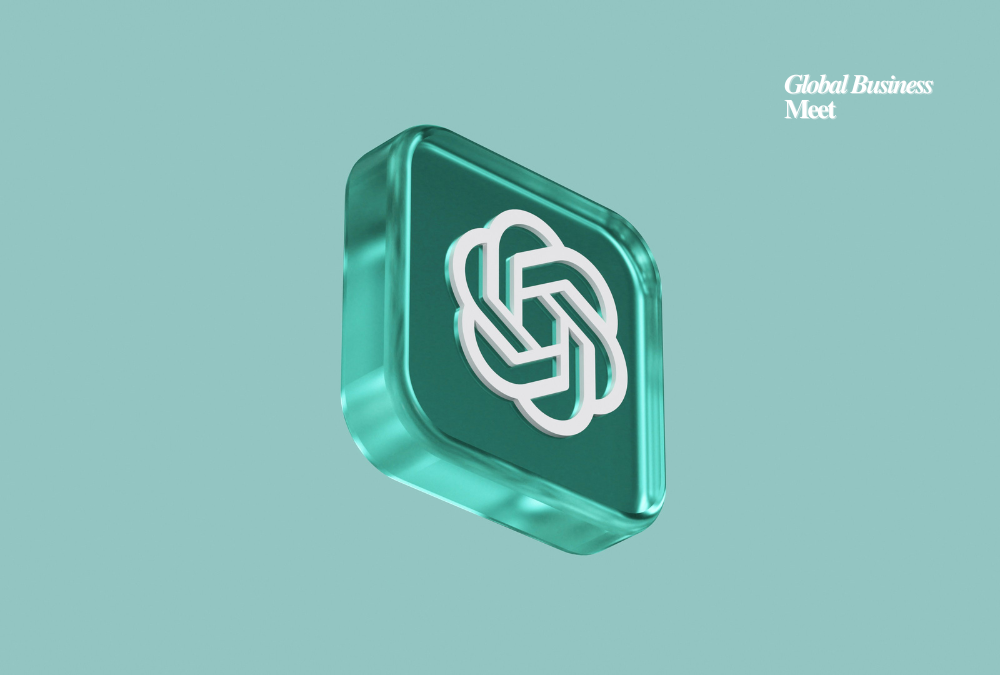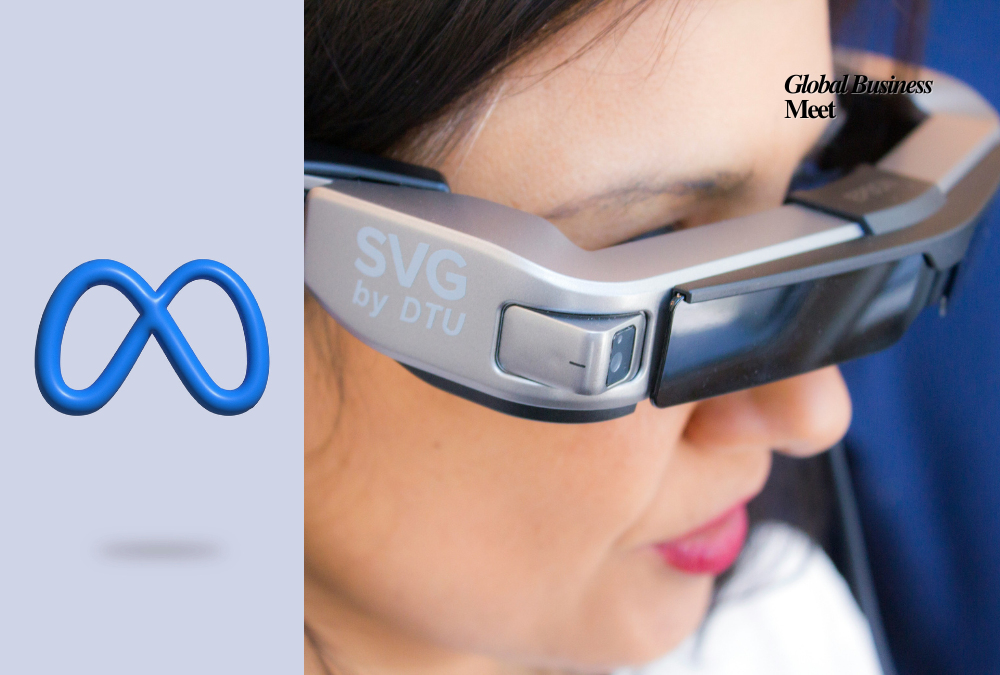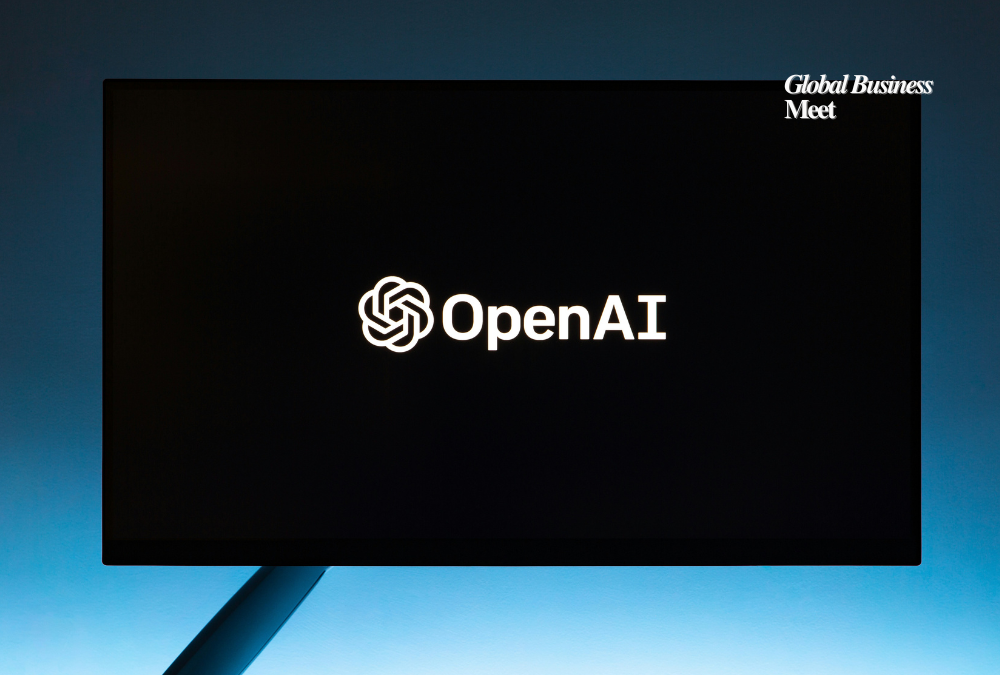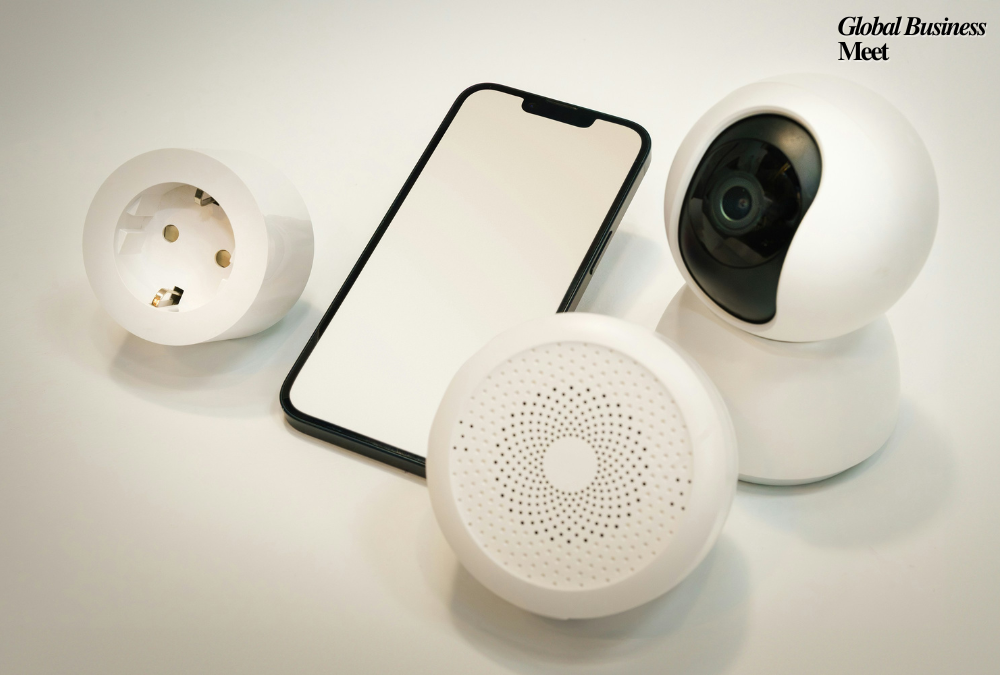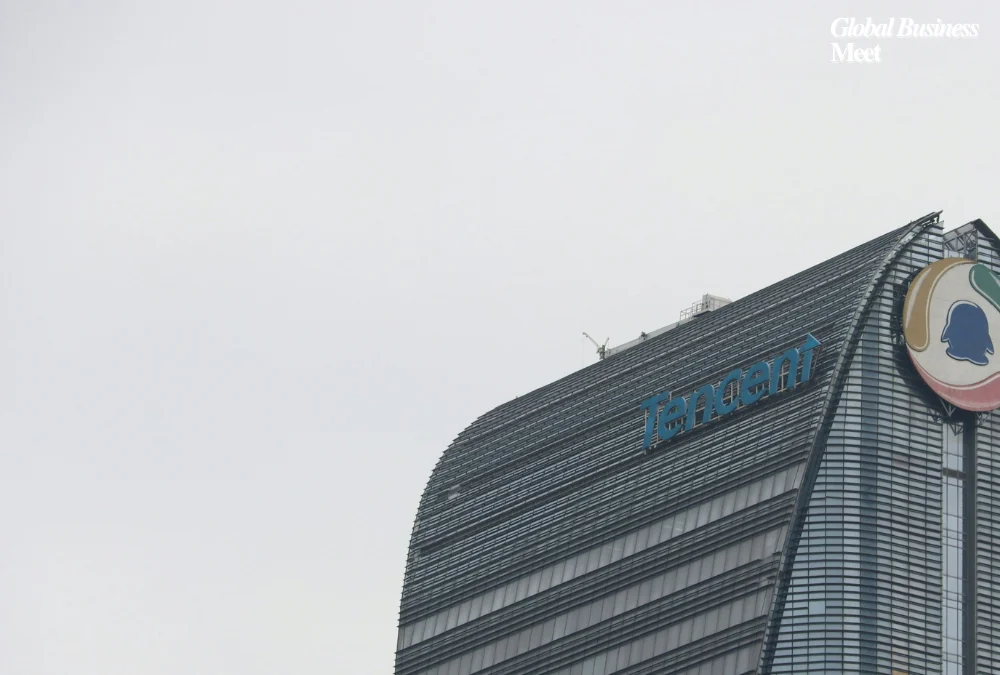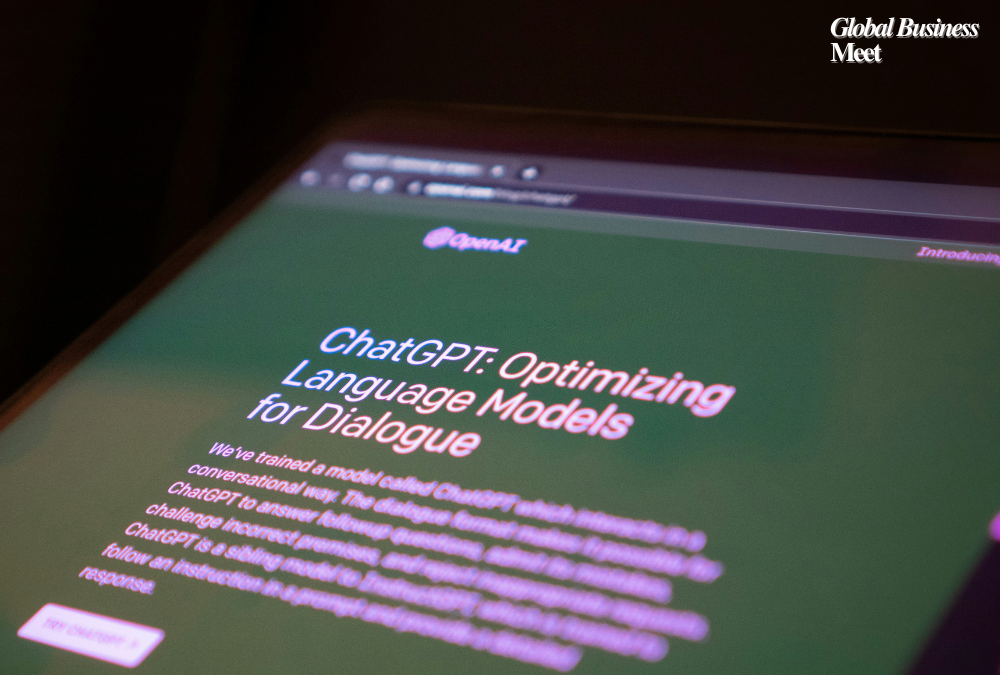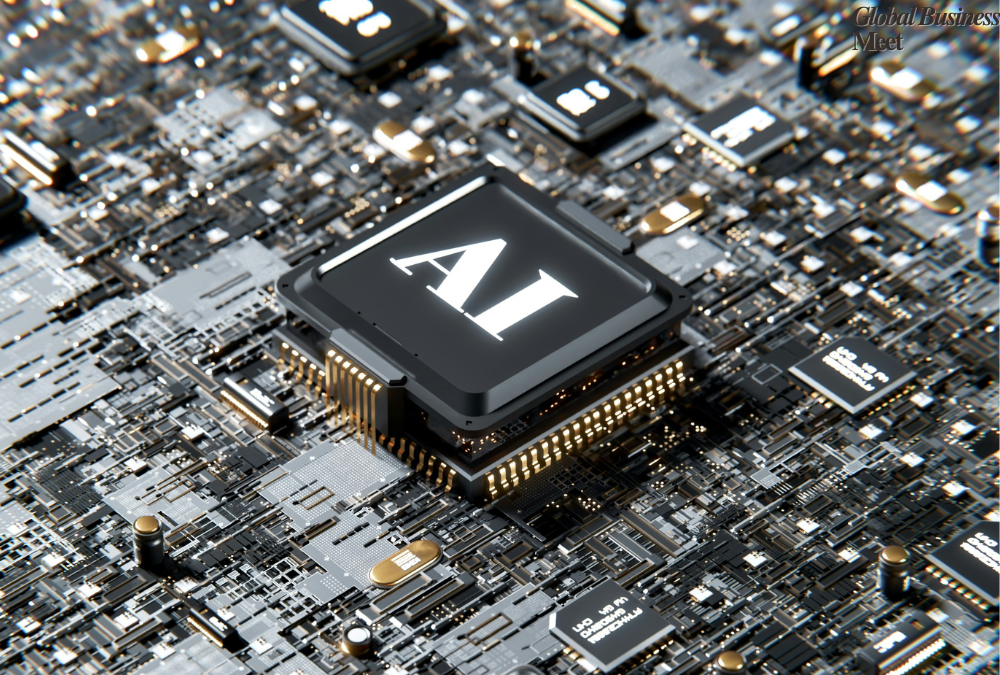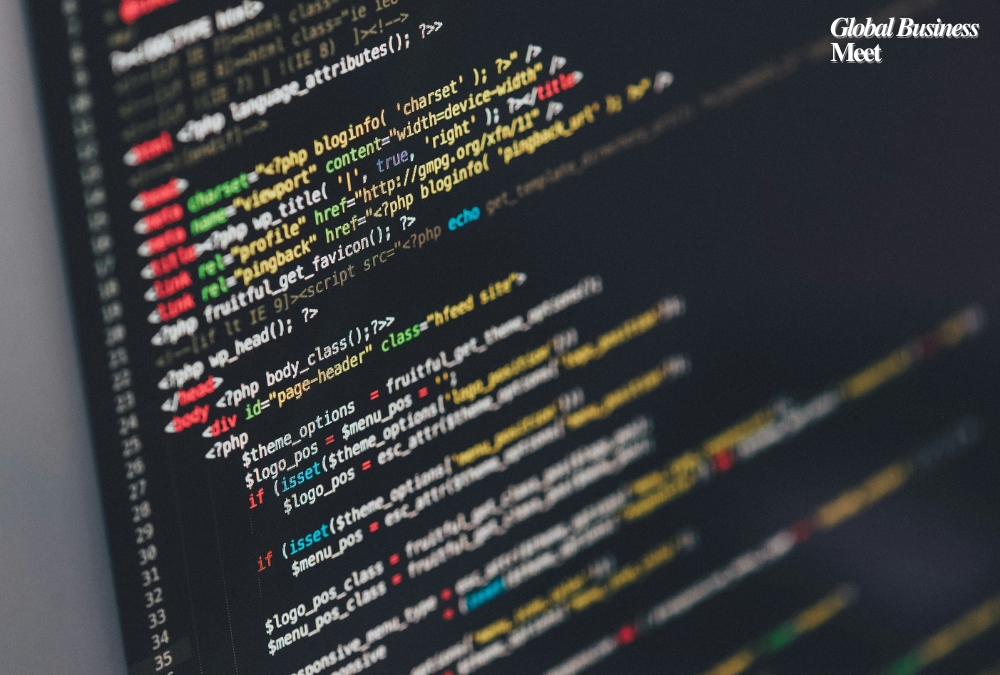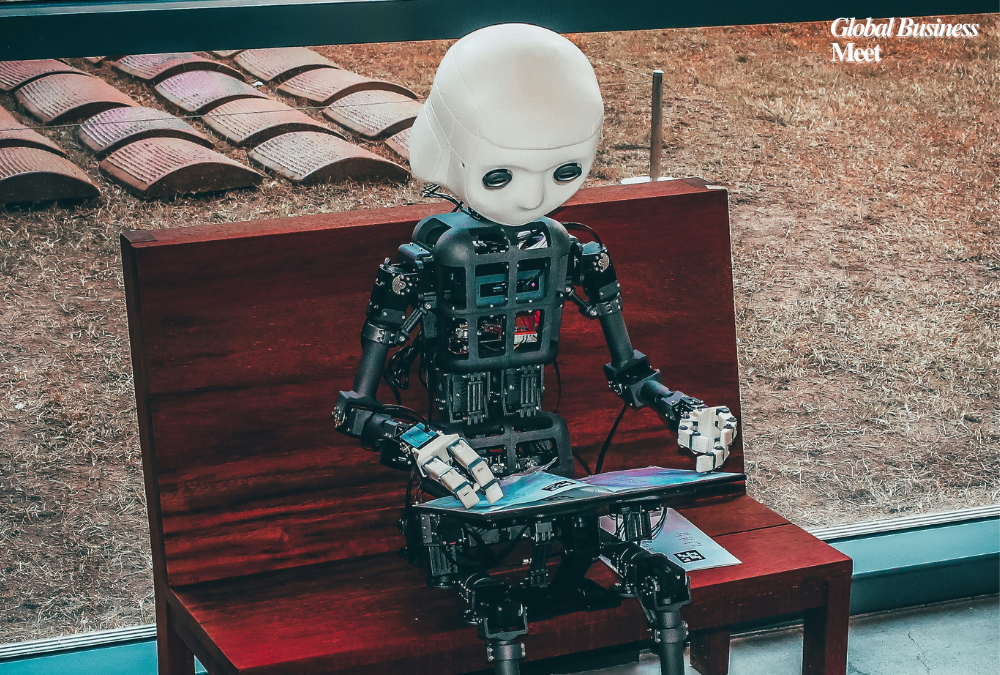
One day, Artificial Intelligence might indeed make humans superfluous but not in that way. Our risk is an over-reliance on the flawed tools as our own set of skills depreciates rather than AI being competent at activities around it to ever replace humans. According to a recent study by experts from Carnegie Mellon University and Microsoft, the more people rely on AI tools to do their work, the less capable they are of critical thinking. This, in turn, makes it harder to use those abilities when needed.
The researchers asked 319 knowledge workers-those whose work entails working with data or information-to self-report specifics about their use of generative AI technologies at work. The participants were then asked to report the tasks they had been given, how they completed these using AI tools, the confidence of the participant in the AI capability for completing the task, the confident capability of the participant for completing the same task without any AI assistance, and how confident the participant was in the AI’s capability to evaluate the output.
However, a pattern did emerge: the more a worker trusted the AI to complete a task, the more often that worker took his hands off the wheel. In fact, as the paper reveals, participants do report a felt enaction of critical thinking when they believe they will be able to rely on a given AI tool, and this raises a possibility of an excessive reliance without critical analyses. It tended to find that people were less critical for lower-stakes tasks: “Having your eyes glaze over for a basic job is quite normal, but researchers warned that it could be a sign of “long-term reliance and diminished independent problem-solving.”
The study questions the costs involved in using AI tools but does not deny that there are conditions under which they improve productivity. Workers start to lose the muscle memory they have developed by doing certain tasks themselves when they rely on AI too much. They start outsourcing not only the actual work but also their essential involvement with it, assuming that the machine has it covered. Thus, you risk creating a self-fulfilling prophesy if you are concerned about being replaced by AI, and you’re using it carelessly for your job.




